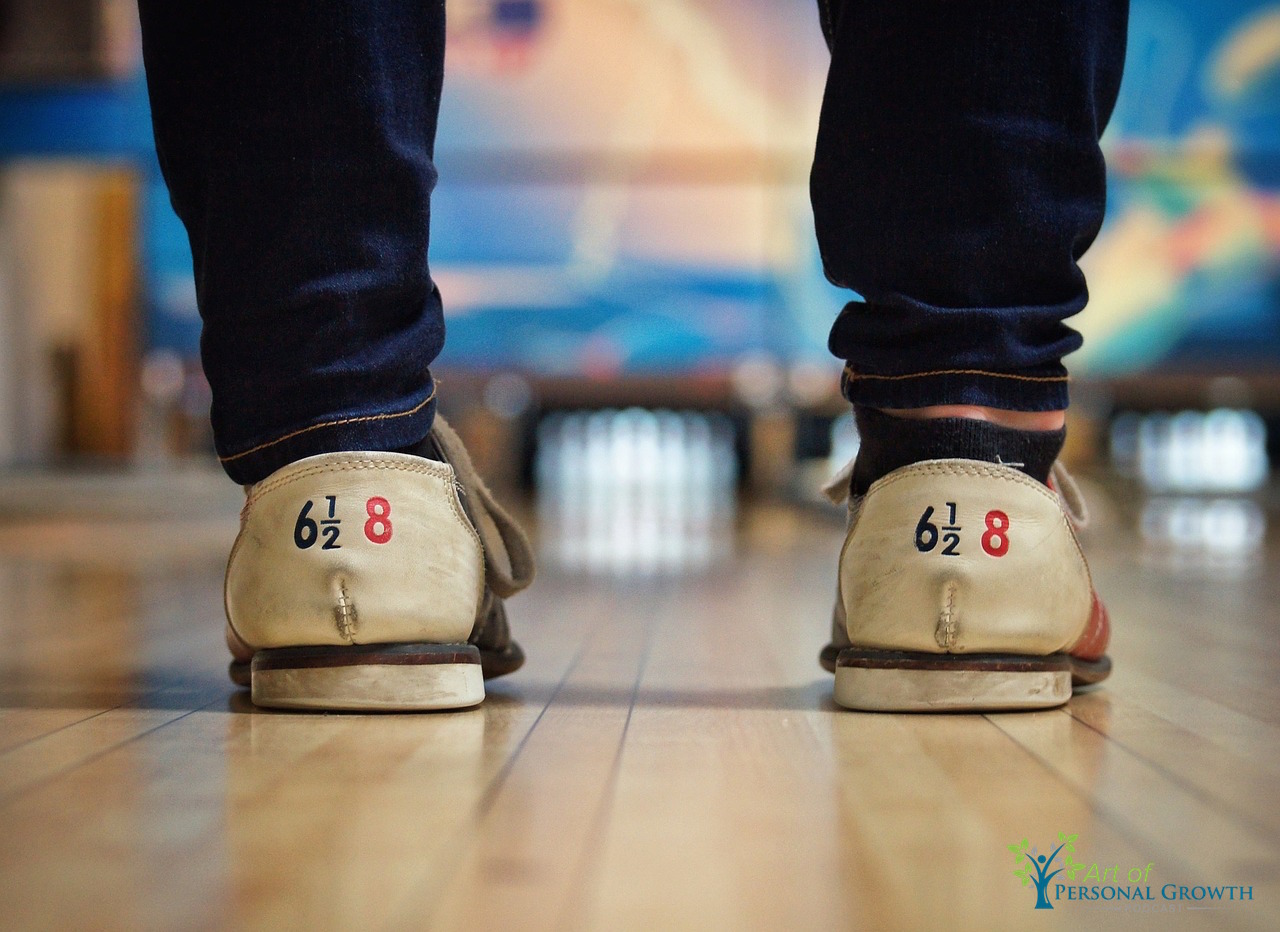
Podcast: Play in new window | Download
Subscribe: Apple Podcasts | Stitcher | RSS | Learn How to Subscribe
So far in this podcast, we’ve talked a lot about work, productivity, and the dedication it takes to see growth and success in your personal and professional life. What we haven’t talked about nearly as much is having fun and playing! In this week’s episode, I’m here to talk all about play, why we need more of it, and how you can add play to your day.
Subscribe on iTunes // Subscribe on Stitcher
What is Play?
In the New & Noteworthy section this week, I highlight a great article from NPR called “Play Doesn’t End With Childhood.” In it, author Sami Yenigun highlights research that shows that healthy playtime for children leads to healthy adulthood, and that we can keep enjoying a healthy adulthood by continuing to play.
But what is play exactly? Dr. Stuart Brown defines it as “something done for its own sake.” Play isn’t frivolous or aimless – certainly we all remember having clear objectives for building the perfect Lego castle or winning the race against friends – but it is done because we enjoy it, not because it means some other objective (it’s playing poker because you like card games rather than because you want to win the jackpot).
Even though it sounds like play might not be that important, since it’s only done “for its own sake,” not playing has serious consequences for us, even as adults: play deprivation leads to decreased perseverance, less joy, and weaker social connections. Devaluing play leads to less creativity, innovation, and even distrust between people.
The Power of Play
The power of play comes from the fact that it allows our brains to experience the world in new ways. A great TED Talk by Steve Keil entitled “A Manifesto for Play in Bulgaria and Beyond” demonstrates how discouraging play has widespread negative consequences for society. When we disconnect from the structures many of us face in our jobs and lives, play can help us increase creativity, learning, motivation, our sense of purpose, and decrease fear and anxiety. Play, unsurprisingly, makes us happier.
Play is also powerful because it helps us connect with one another and maintains our sense of social wellbeing. As Plato said, “You can discover more about a person in an hour of play than in a year of conversations.” By playing together, we learn what makes us passionate, how competitive we are, how we deal with difficulty and frustration – and we do so in ways that are far more fun than working.
Finally, play is powerful because it gives us a break from the intense focus of work. Many people think play is the opposite of work, but in reality they can coexist. You can – and should – play at work, and I tried one way to do this in the Self-Help Crash Test Dummy Experiment this week.
Start Playing – Today
As part of my Self-Help Crash Test Dummy Experiment this week, I tried three forms of play:
- I started taking my lunch break away from my desk, either in the cafeteria at work, or outside in the seating area we have available.
- I attended a walking (and chatting) group with other women in a park near my home.
- I tried ‘goofing off’ at work by encouraging conversations with coworkers on non-work related topics, such as golf, getting engaged, and retirement.
All three forms of play left me feeling refreshed, rejuvenated, and more committed to both work and personal projects, but I particularly enjoyed taking lunch away from my desk. I found it made my whole day more enjoyable!
What can you do this week to add more play in your life? Try taking lunch away from your desk – bonus points if you enjoy lunch with a coworker, so that you not only give yourself a brain-break, but also enjoy the social benefits of this ‘play.’
Play can teach us about ourselves and others – and it’s way more fun.
Thanks for Listening!
Thanks for joining me this week. I’d love to hear your thoughts, please leave an honest review for The Art of Personal Growth podcast on iTunes. Ratings and reviews are super helpful to tailoring the content of the show and I read them all! They also matter in the rankings of the show.
Don’t forget to subscribe to The Art of Personal Growth Podcast. Click one of the links below to do so.
Subscribe on iTunes // Subscribe on Stitcher
If you enjoyed this episode, please share it on the social media! This week’s hashtags are #PlayMore and #TAoPGP19.



